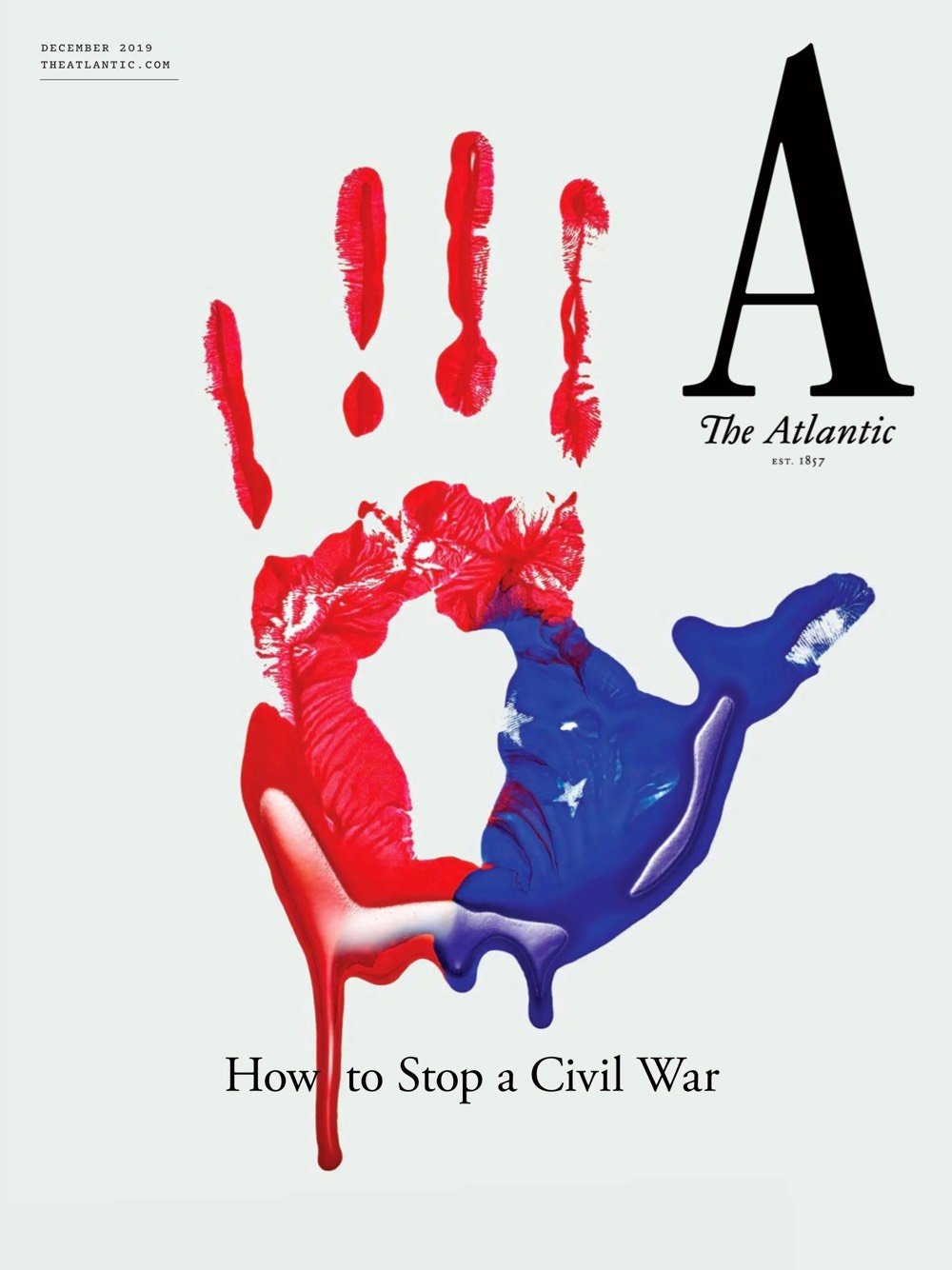163 Years of The Atlantic’s Writing on Race and Racism in America
The Atlantic was founded in 1857 and in its early days was an outlet for prominent voices speaking out against slavery. Editor Gillian White has compiled a list of the magazine’s writing on race and racism in America from deep in the archive to the present day. It includes writing from Julia Ward Howe, Frederick Douglass, W.E.B. Du Bois, Booker T. Washington, Martin Luther King Jr., and Stokely Carmichael along with pieces from modern voices like Bree Newsome, Eve Ewing, Ta-Nehisi Coates, Ibram X. Kendi, and Nikole Hannah-Jones. In introducing the collection, White writes:
Understanding the present moment requires grappling with a history stained by racial inequity, violence, and the constant fight for forward progress. In a century and a half of writing stories about race in America, The Atlantic has published works that have improved the broad understanding of injustice in America, and also works that furthered ideas and theories that ultimately were proved wrong or harmful. To comprehend the current state of the country, we must consider the aftereffects of both categories. We must also take into account the fact that these stories, in aggregate, are overwhelmingly written by men.
And here are a few pieces I picked out for my own personal reading list:
Reconstruction by Frederick Douglass, December 1866. “No republic is safe that tolerates a privileged class, or denies to any of its citizens equal rights and equal means to maintain them.”
The Awakening of the Negro by Booker T. Washington, September 1896. “I wish my readers could have the chance that I have had of going into this community. I wish they could look into the faces of the people and see them beaming with hope and delight.”
The Negro Is Your Brother (Letter From Birmingham Jail) by Martin Luther King Jr., August 1963. “Whatever affects one directly, affects all indirectly. Never again can we afford to live with the narrow, provincial ‘outside agitator’ idea. Anyone who lives inside the United States can never be considered an outsider anywhere within its bounds.”
The Prison-Industrial Complex by Eric Schlosser, December 1998. “The United States now imprisons more people than any other country in the world — perhaps half a million more than Communist China. The American inmate population has grown so large that it is difficult to comprehend: imagine the combined populations of Atlanta, St. Louis, Pittsburgh, Des Moines, and Miami behind bars.”
The Case for Reparations by Ta-Nehisi Coates, June 2014. “And so we must imagine a new country. Reparations — by which I mean the full acceptance of our collective biography and its consequences — is the price we must pay to see ourselves squarely.”






Stay Connected